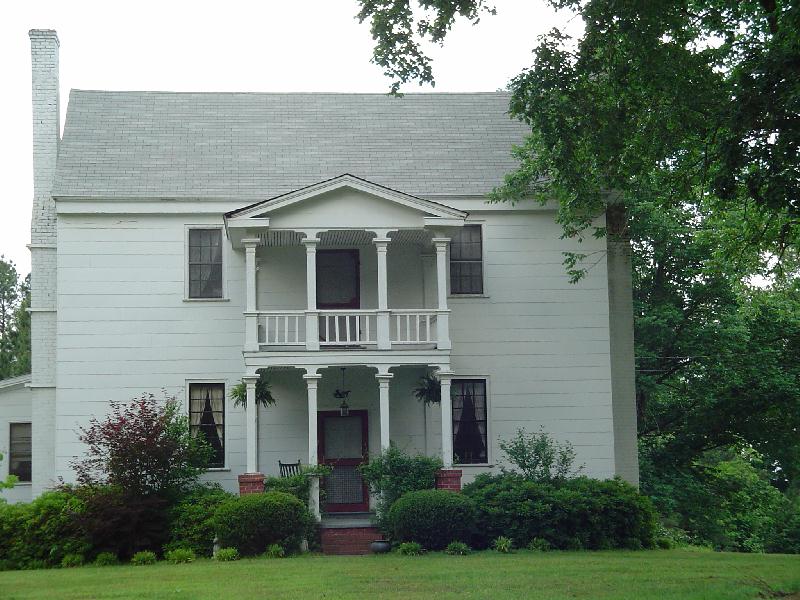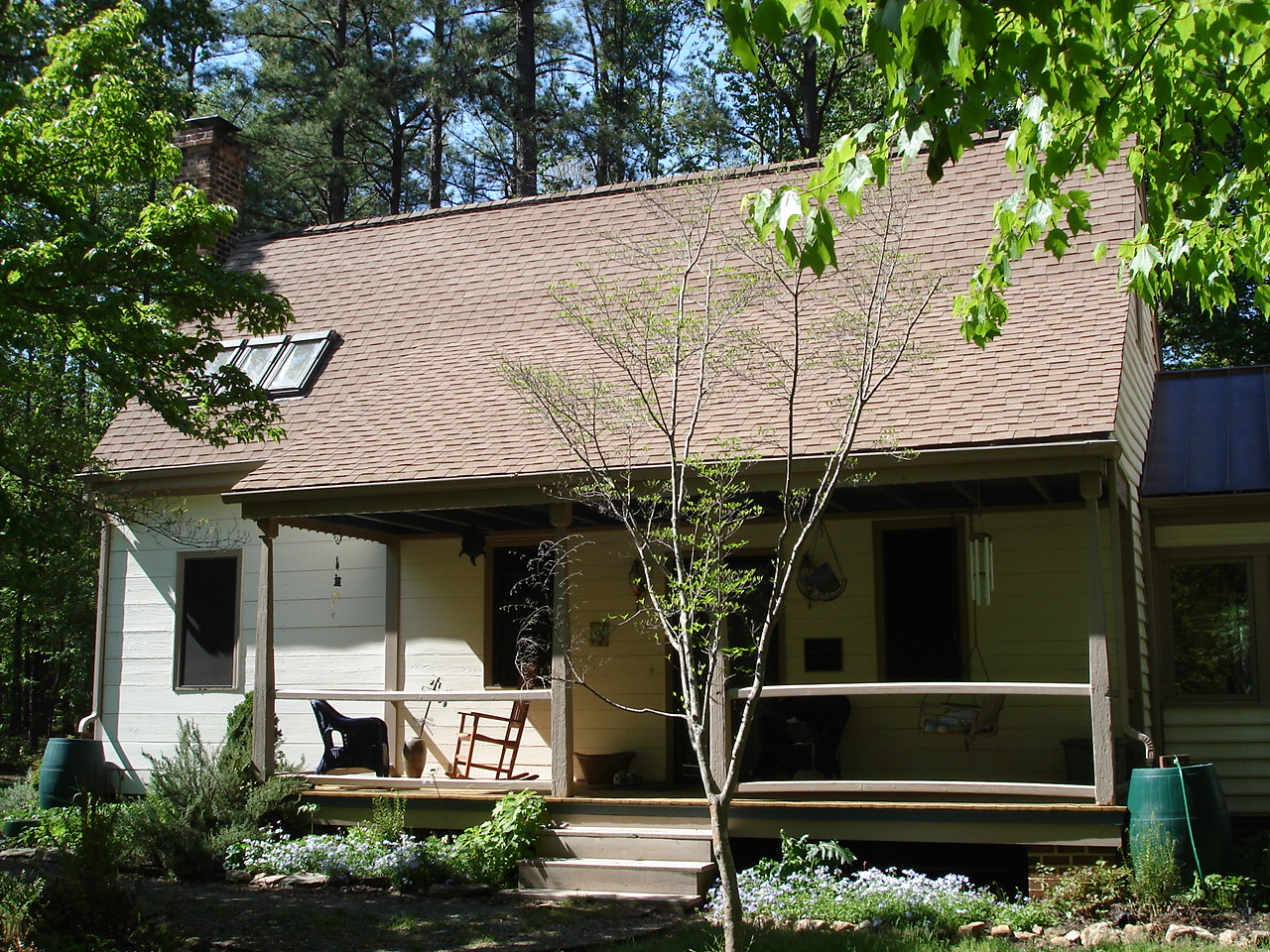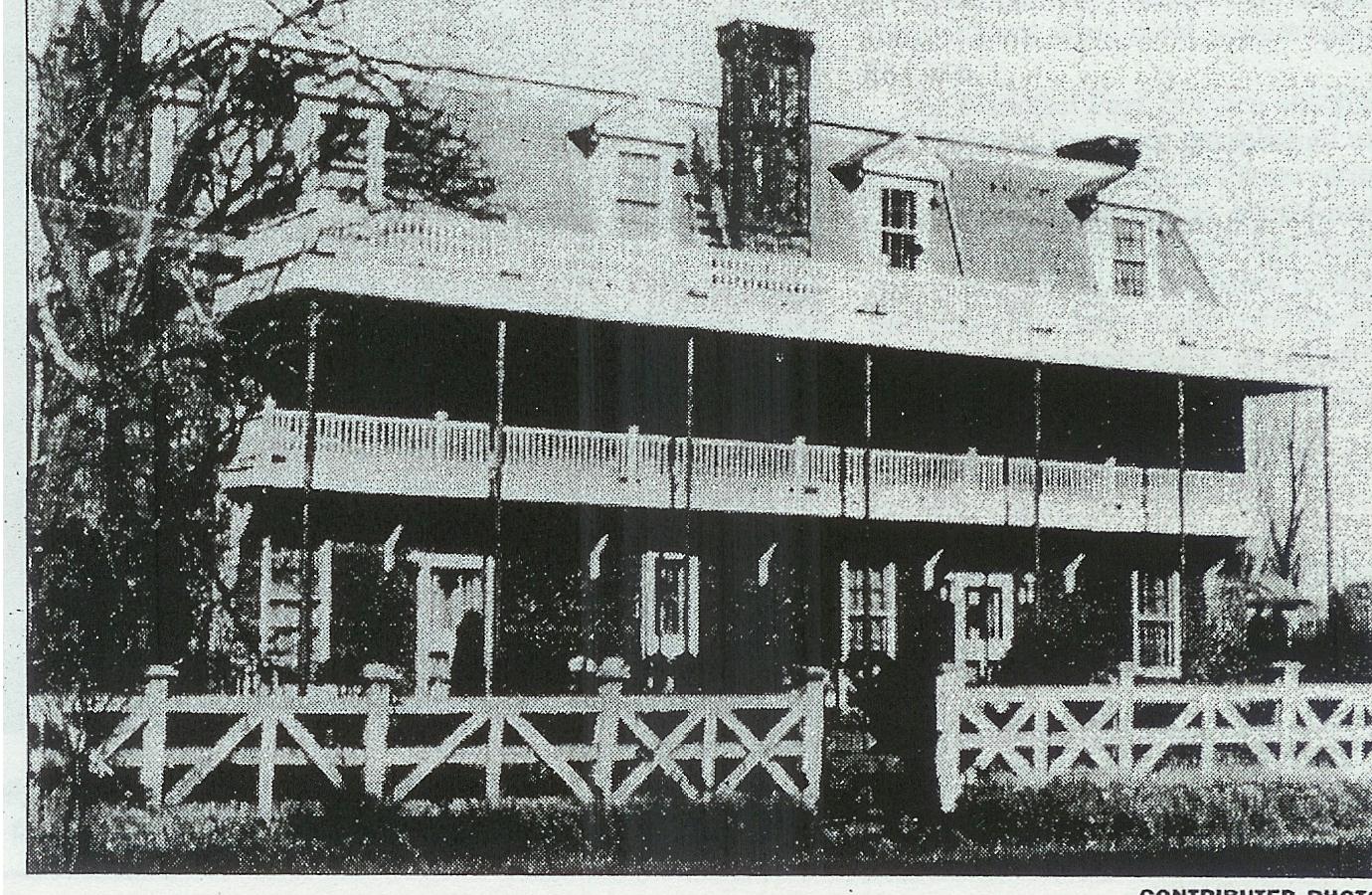- Home
- About Us
- Our History
- 2. A Seed Begins to Germinate
A Seed Begins to Germinate
1979-1983
The effort to save the Walker Hotel illustrates the psychological challenges associated with preservation: moments of great expectations are often offset by the despair of apparent failure. These mood swings certainly characterized the effort to save the Walker Hotel, no more so than in the period from 1979 – 1983.In 1979, the Cary Historical Society continued to raise awareness of the importance of a community’s heritage through walking tours of the historic structures in downtown Cary, annual herb sales at the Page Smokehouse, an oral history program and presentations at civic organizations. The society’s Preservation Committee worked in collaboration with NC Archives and History and Cary property owners for designation on the National Register of Historic Places for three Cary structures:
- The Nancy Jones House (ca. 1803)
- Lane-Bennett Place (1775)
- The Walker Hotel (ca.1868)
The Walker Hotel was listed on the National Register of Historic Places in 1979 because of its importance in the town’s early history and its architectural significance for the town and the state. Frank Page, the town’s founder and an astute businessman, built the hotel in 1868. The hotel was Page’s response to the economic engine for change in post-Civil War Cary: the railroad. Passengers on the North Carolina Railroad needed a place to stay in Cary; the conveniently located hotel met this need.
Page, whose business interests subsequently shifted to the Sandhills (Aberdeen/Southern Pines area of NC) sold the hotel to J.R. Walker in 1884. It remained a hotel until 1916 and was sold by the Walker family to R.J. Coburn in 1926. In 1941, John F. Williams, who passed the building frequently as a railroad employee and had always admired it, purchased the hotel. The architectural style of the hotel, known as French Empire, was most unusual for a town with a population of 300. Only a few such buildings remain in North Carolina.
Bob Strother purchased the hotel for his private residence in 1971 from Mr. Williams. Mr. Strother had planned to buy the adjacent Page home as well, to use it for his florist shop, but the home was accidentally destroyed by fire in 1970 before the purchase could be completed. In this excerpt from Around and About Cary (Tom Byrd and Jerry Miller), Mr. Strother conveys his feelings for the hotel: “I felt it was worth saving, and I knew if someone didn’t buy it, it was going to be destroyed.”
The Strothers stabilized the building and welcomed guests to their home. Cary High School graduates tell of wonderful reunions at the Strother’s home. But the cost of upkeep proved to be too great, so the Strothers offered the hotel to the Town in 1979. However, the Town could not afford it, and the Strothers moved, placing the building and more than three acres on the market in 1980.
The hotel deteriorated rapidly during the next five years (1980-1985). The roof leaked, causing major interior water damage. After each rainstorm, my family, “the bucket brigade,” would bail out the third floor. There was so much water damage on each floor that a second floor bathtub dropped through the ceiling into the room below.
Despite, or perhaps because of, its forlorn state, the hotel served as a magnet for every pigeon in Wake County and for some aspiring graffiti artists. The exterior suffered a different fate: it was becoming invisible behind a wall of overgrown shrubs and trees. By 1985, the building was valued at $4000 and many in the community thought it was beyond repair. Several inquiries from the business community were received during the early 1980s. Unfortunately, the condition of the building and the fact that half of it sat on the railroad right-of-way discouraged potential buyers.
The Preservation Committee of the Cary Historical Society maintained contact with Mr. Strother, as well as with Myrick Howard of Preservation NC during this period. Preservation NC is a statewide organization dedicated to preserving the architectural heritage of the state. Mr. Howard had been very instrumental in working with the Cary Historical Society to save and relocate the Lane-Bennett House in 1980.




